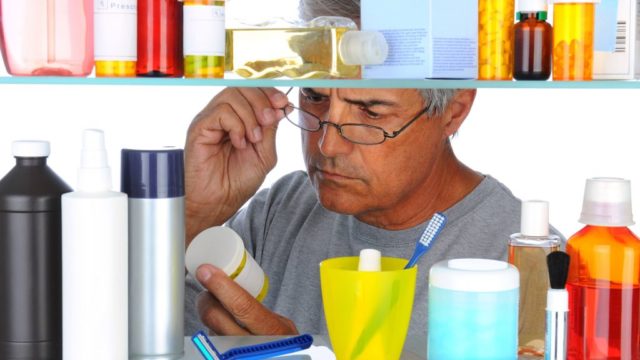
Daylight saving time will begin on Sunday, March 14, at 2 a.m. in those areas of the U.S. that recognize daylight saving time. This is when clocks are set ahead one hour.
Along with changing your clocks, it’s a good time to make a home safety checklist. Test smoke alarms and carbon monoxide detectors, and replace batteries if needed. It’s also a good time to refresh your home first-aid kit, check for expired medication, and ensure your family has a plan in case of illness or an emergency.
Dr. Casey Clements, an emergency medicine physician at Mayo Clinic, says while COVID-19 infections are beginning to decrease due to widespread safety protocols and rollouts of COVID-19 vaccines, it’s important to stay vigilant and be prepared.
“Having a plan for what you would do if you or your family gets infected is incredibly important. And that’s having a plan for how would you get food? Do you have medications on hand? Do you have the ability to take care of yourself with the things that you need?”
“Any prescription medications that a patient has, they want to make sure they have an adequate supply,” says Dr. Clements. “And if you have COVID-19, it’s not like you can run out to the pharmacy, as you would be putting people at risk. Along with any prescriptions, I am a strong advocate that people should always have ibuprofen or acetaminophen, or both.”
A fever may be a sign of illness and a common symptom of COVID-19 infection. Dr. Clements says having a working thermometer in your home can help you know if your temperature is elevated.
“It is very common that people come to the Emergency Department and say they have a fever, and they don’t have a thermometer and haven’t had a way to measure that. It is helpful as a way to take care of yourself to know if you do have elevated temperature.”
Basic first-aid supplies and medications include:
- A thermometer.
- Adhesive tape.
- Elastic wrap bandages.
- Bandage strips and bandages in assorted sizes.
- Over-the-counter pain relievers.
- Hand sanitizer.
- Antibiotic ointment.
- Antiseptic solution and towelettes.
- Anti-diarrheal medication.
- Laxatives.
- Antacids.
If you are having a medical emergency, Dr. Clements says do not hesitate to seek immediate care.
“It’s really important to understand that the Emergency Department is here for when people need it. And they shouldn’t hesitate to come in for an emergency.”
‘Courtesy: Casey Clements, M.D./Emergency Medicine/Mayo Clinic.’[/vc_message]
Disclaimer
The information contained in South Florida Reporter is for general information purposes only.
The South Florida Reporter assumes no responsibility for errors or omissions in the contents of the Service.
In no event shall the South Florida Reporter be liable for any special, direct, indirect, consequential, or incidental damages or any damages whatsoever, whether in an action of contract, negligence or other tort, arising out of or in connection with the use of the Service or the contents of the Service. The Company reserves the right to make additions, deletions, or modifications to the contents of the Service at any time without prior notice.
The Company does not warrant that the Service is free of viruses or other harmful components












